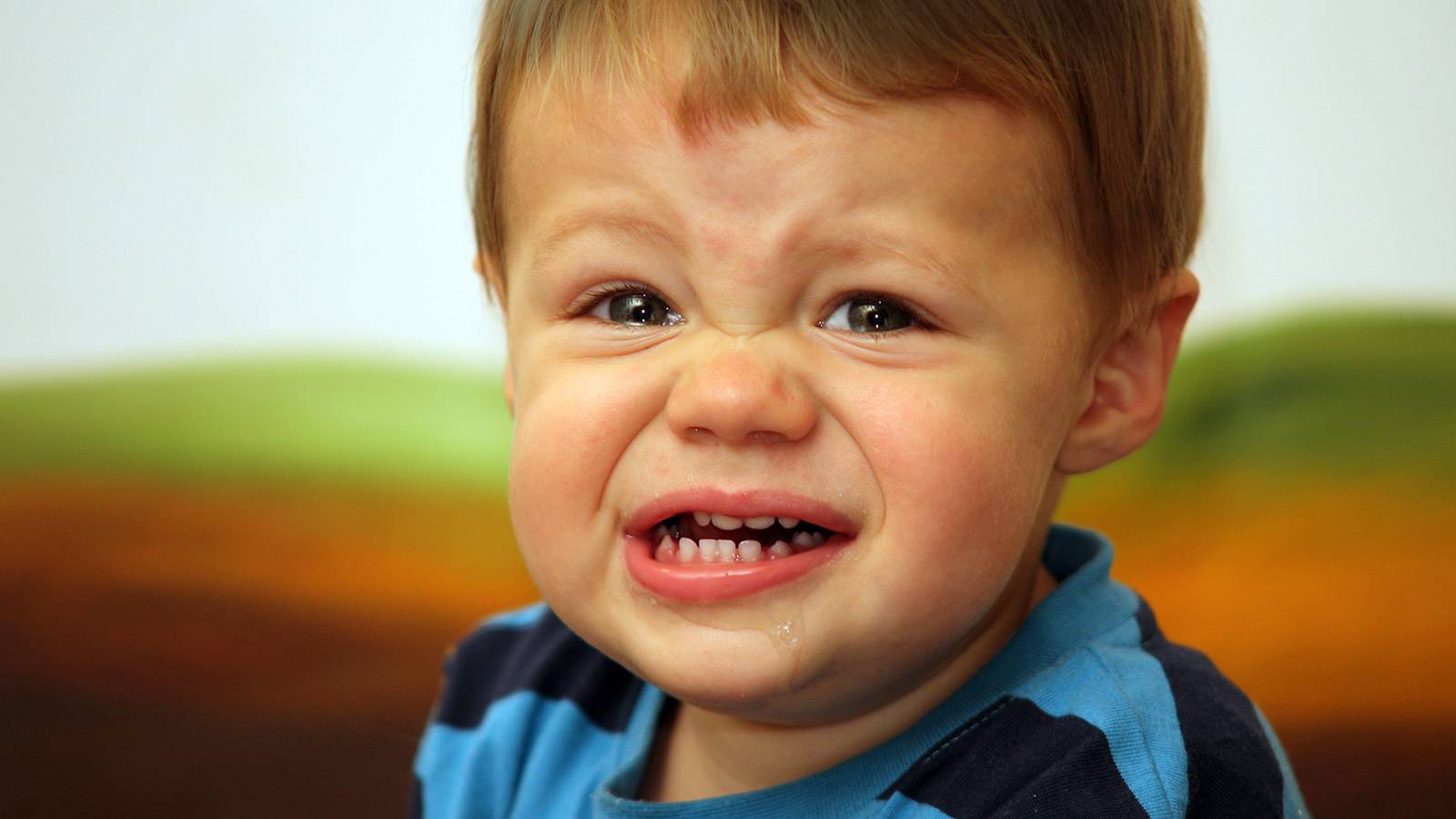What’s that crunchy noise ― yikes, is junior grinding his teeth? Should you race to the dentist?

It’s a soft noise. It sounds a bit gritty. You also notice that junior’s jaw may be a bit sore and a lot tense. All his baby teeth are out…dear me… Is your kid grinding his teeth?
Carolyn See, 32, recalls how her then 2-year-old son Gabriel, started grinding his teeth at night. “It sounded really loud to me, like a harsh ticking sound coming from his mouth,” she says.
The worried mother brought Gabriel, now 5, to her paediatrician because she initially thought he has having spasms in his sleep. “The doctor said he was grinding of teeth, and it was actually quite common among young kids. He told me there’s no need to wear a mouth guard or do anything because that would interfere with the development of his teeth.” Thankfully, the frequency of grinding lessened gradually. Gabriel has now stopped his nocturnal tooth-grinding habit.
Says dental surgeon Dr Stephanie Yap, “Teeth grinding may not sound like the healthiest of noises to come out of your child's mouth, but there is generally little to worry about.”
A dentist with The Dental Studio, she says it is common for children to have a habit of grinding (also known as bruxism). “Most children stop grinding once their first permanent molars erupt. This is because their stable bite gets established once the adult molars erupt into place.”
“Teeth grinding may not sound like the healthiest of noises to come out of your child's mouth, but there is generally little to worry about.”
If your young child has all his baby teeth present and seems to be grinding his teeth, you don’t need to do anything, she adds. Dental grinding due to stress may be more common in older children ― for instance, primary and secondary school students who “are learning to cope with various challenges as they grow up”.
“Remember to bring your child for regular dental check-ups,” Dr Yap advises. This is so that their dentist can take note of and track wear patterns and recommend the appropriate treatment, if needed.
She notes, “The plan is to protect the permanent teeth while not negatively affecting their normal growth.”
Dr Stephanie Yap practises at The Dental Studio, a subsidiary of Singapore Medical Group (SMG).
Photo: iStock
You may also like…
Will Chinese tuina hurt my tot?
“Just teasing” could be hurting your tot!
6 simple rules to raising an easy eater
